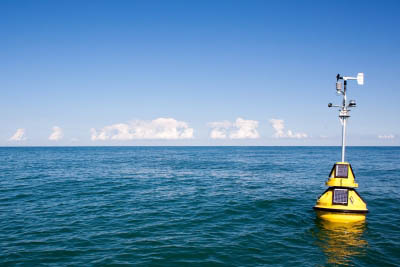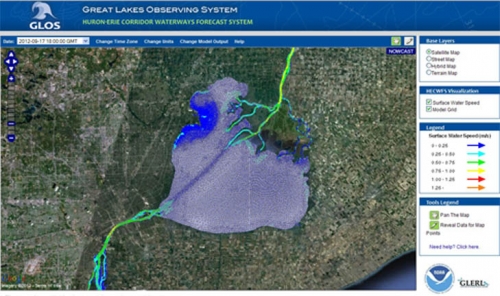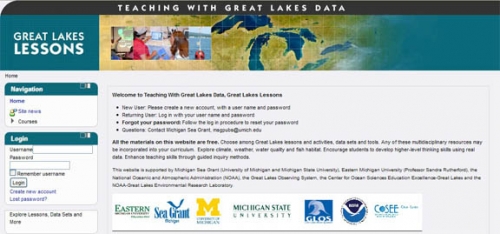Great Lakes Literacy, Principle Seven – Much remains to be learned about the Great Lakes
Great Lakes Literacy is an understanding of the Great Lakes’ influence on you and your influence on the Great Lakes. Principle Seven focuses on the need for increasing our understanding of the Great Lakes.
This article is the seventh in a series of articles discussing what Great Lakes literacy means for residents of the state of Michigan and the Great Lakes region.
Great Lakes Literacy Principle Six
Great Lakes Literacy Principle Eight
Exploration and understanding of Great Lakes interactions and links among diverse ecosystems and people are ongoing, and such exploration
offers great opportunities for inquiry and investigation. Understanding the Great Lakes is more than a matter of curiosity. Exploration,
inquiry, and monitoring promote better understanding and protection of Great Lakes ecosystems, resources, and processes. Over time, use of Great Lakes resources has changed significantly. The
future sustainability of Great Lakes resources depends on our understanding of these resources and their potenti al and limitations.
al and limitations.
New technologies and methods of observation are expanding our ability to explore the Great Lakes. One excellent source of Great Lakes monitoring data is the Great Lakes Observing System, through which you may obtain a wide
variety of useful information provided by satellites, buoys, and other data sensors. Fresh water scientists rely on such tools to monitor conditions in the
Great Lakes and provide information to policy makers and leaders in coastal communities.
Models help us understand the complexity of the Great Lakes. Models process observations, describe interactions among systems, expose information gaps, and forecast change. The Huron to Erie Connecting Waterways Forecasting System is an observation-based model that provides predicted forecasts of water levels and currents through the Huron to Erie Corridor. The tool has multiple applications, which include guiding spill response, search and rescue, beach health management, drinking water safety, and finding the source of fish kills, among others.
Exploring, understanding, and communicating about the Great Lakes ecosystem are interdisciplinary efforts. They require close collaboration among
professionals in science, technology, engineering, and math, as well as public outreach and education. MSU Extension and Michigan
Sea Grant are engaged in research and educational programs that seek to enhance the exploration and understanding of our Great Lakes. Among the education
programs designed to prepare the next generation of Great Lakes stewards are the Great Lakes Education Program;
professional development opportunities for educators, such as the recently completed Lake Huron
Shipboard & Shoreline Science workshop; and lessons that teachers can use in the classroom that link students and Great Lakes data, such as Teaching with Great Lakes Data.
recently completed Lake Huron
Shipboard & Shoreline Science workshop; and lessons that teachers can use in the classroom that link students and Great Lakes data, such as Teaching with Great Lakes Data.
This article was adapted from Great Lakes Literacy: Essential Principles and Fundamental Concepts for Great Lakes Learning (Ohio Sea Grant, 2010).



 Print
Print Email
Email




